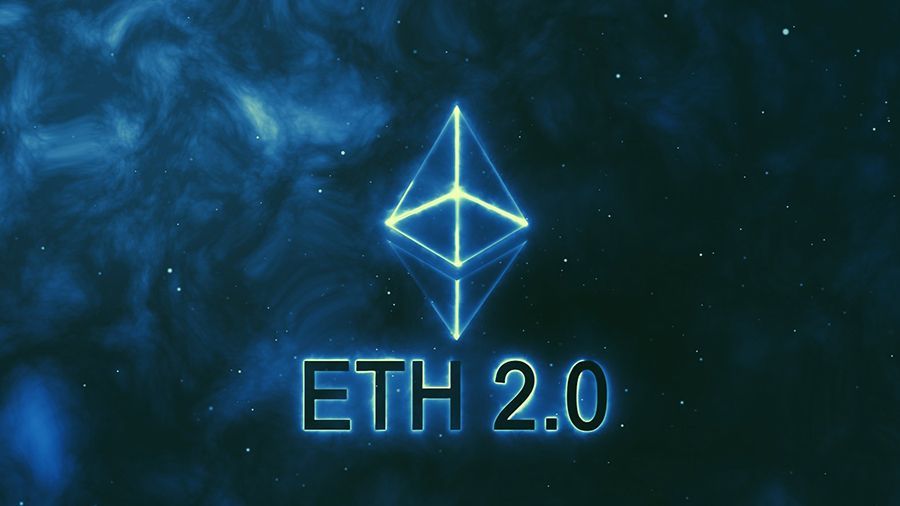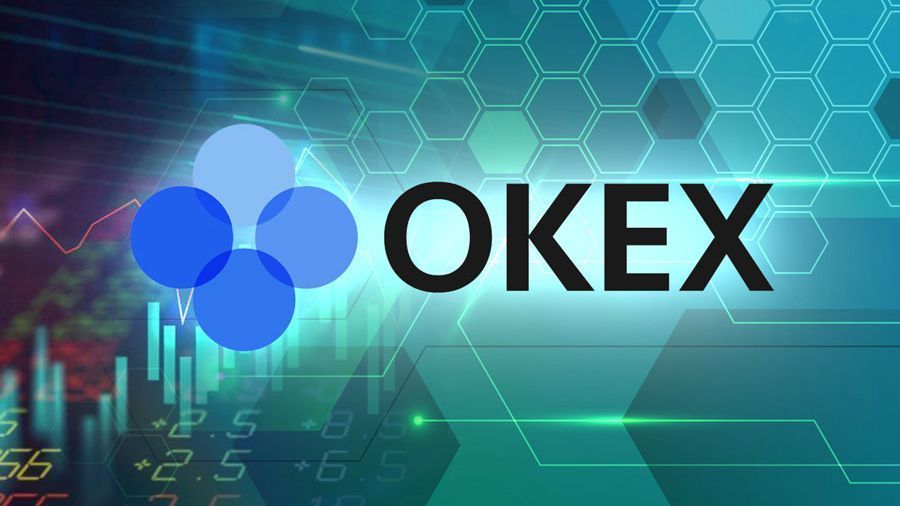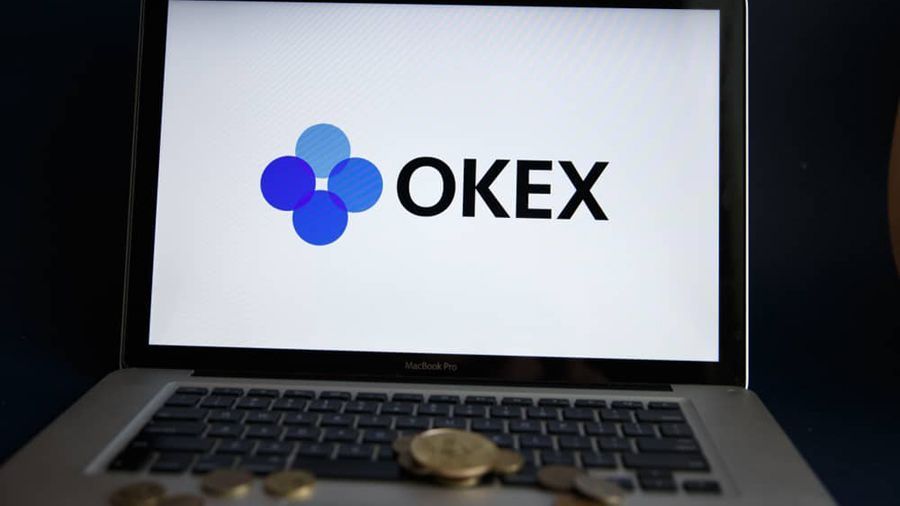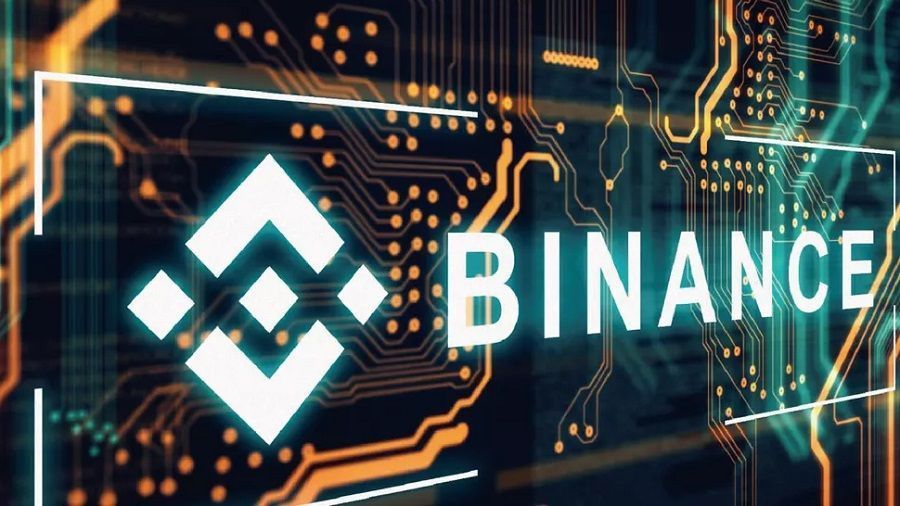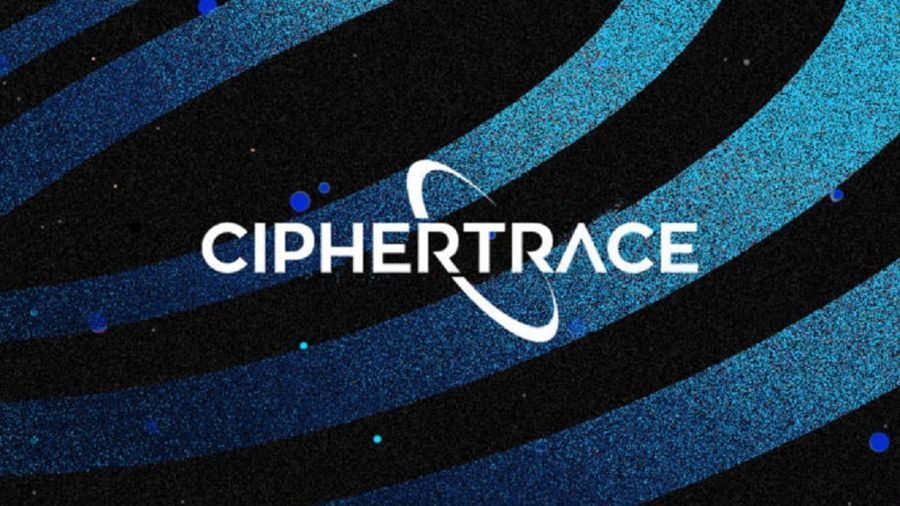NEWS Feed 
Ethereum developer Mikhail Kalinin has published a new proposal, which describes the possibility of embedding ETH 1.0 data into the Ethereum 2.0 “signal chain”. With the Beacon Chain Ethereum 2.0 launch approaching, developer Mikhail Kalinin has posted a new proposal that aims to rid the network of “unnecessary complexity” and help unify the original Ethereum blockchain with the new Proof-of-Stake version of ETH 2.0. Ethereum 2.0 is slated to launch on December 1 and will
Cryptocurrency exchange OKEx has resumed the withdrawal of cryptocurrencies. Many Chinese users are ready to leave OKEx or reduce their trading volumes on this site. According to the OKEx notification, the exchange opened the withdrawal of digital assets on November 26 at 11:00 Moscow time. A few days ago, OKEx launched a user compensation program that includes discounts on commissions. The reward depends on the trading volume during the period when the withdrawal of cryptocurrencies
Bitcoin hardware wallet Coldcard developers have released a beta firmware patch to address the vulnerability that affected the Ledger hardware wallet earlier this year. Security researcher Ben Ma, who works for hardware wallet maker Shift Crypto, discovered a vulnerability in the Coldcard hardware wallet. An attacker could trick a Coldcard user into submitting a real BTC transaction when he believes he is sending a transaction on the testnet. BTC transactions on both the test and
Coinbase has decided to stop sending customers in the US with the 1099-Ks tax form, which led the IRS to mistakenly believe traders were underreporting their profits. According to a Coinbase blog post, the 1099-Ks form will now be replaced by the 1099-MISC form, at least for customers who earn interest on lending and similar products. According to the article, traders who do not meet the 1099-MISC criteria most likely will not receive tax forms
The Australian Border Guard plans to facilitate cross-border trade with Singapore using blockchain. System testing started this week. According to a statement from the Australian Border Patrol, in line with the Australia-Singapore Digital Economy Development Agreement, testing of a blockchain-based application was launched this week to facilitate the exchange of trade documents. The testing, which is being conducted in collaboration with the Singapore Customs Administration and the Information Technology Development Authority (IMDA), aims to reduce
Cryptocurrency exchange OKEx has launched a compensation program for users who continued to trade on the site after the withdrawal was suspended in October. On October 16, OKEx temporarily halted the withdrawal of digital assets due to the fact that one of the private key holders “took part in the investigation”, that is, was probably detained. Without his personal presence, it was impossible to confirm withdrawal requests. A month later, the management of the exchange
American traders received an email from the Binance cryptocurrency exchange, according to which they must withdraw all their crypto assets from the platform within two weeks. According to the Binance notice, if US users do not have time to withdraw funds from the exchange within the specified timeframe, they will no longer be able to do so, as their account will be blocked. This is not the first time the exchange has asked US traders
The proposed rule change by the Office of the Comptroller of the Currency (OCC) will make it easier for cryptocurrency companies to access banking services. The OCC has proposed regulatory changes that will expand access to banking services for cryptocurrency companies. The proposed change will limit the ability of US banks to deny services to financial service providers if they do not meet the bank’s defined quantitative risk-based criteria. OCC says it has been trying
Analyst firm CipherTrace has filed two patent applications for tools for tracking transactions with the confidential cryptocurrency Monero. CipherTrace solutions are patent-pending XMR transaction analysis tools for forensic and financial investigations. The use of a statistical and probabilistic assessment method will allow identifying suspicious transactions, identifying potential wallet owners, as well as tracking the movement of XMR that have been stolen or obtained illegally. The technical details of the solution are unknown, so it is
BlockApps has partnered with pharmaceutical firm Bayer to launch TraceHarvest, a blockchain-based system for tracking supply chains of agricultural products. The developers said that TraceHarvest will allow tracking the entire “life cycle” of products: the origin of seeds, their growing conditions, harvesting and delivery to retail outlets. The data will be available in real time. On the platform, it will be possible to check information about each party taking part in the supply chain. In

